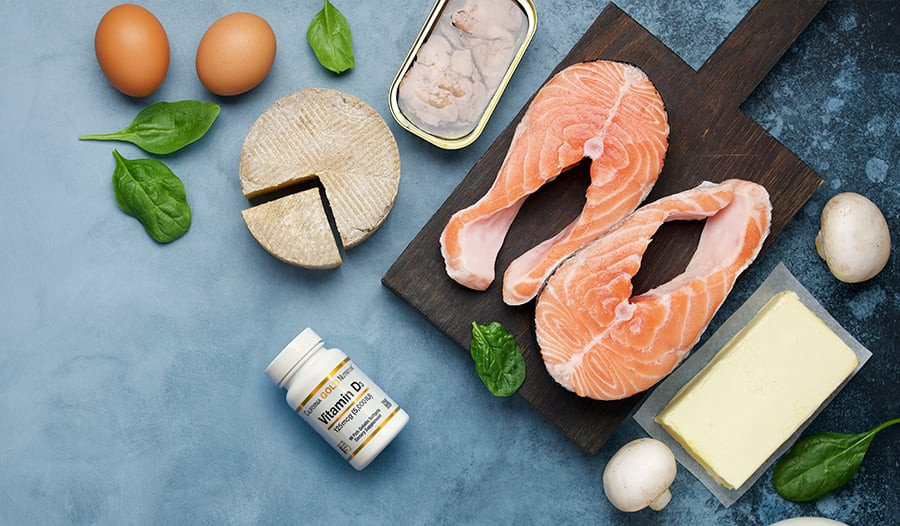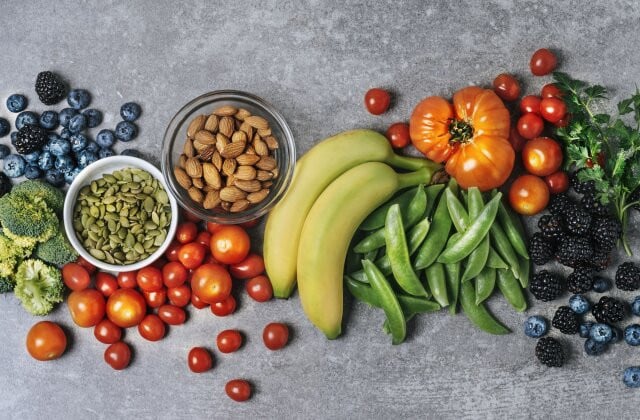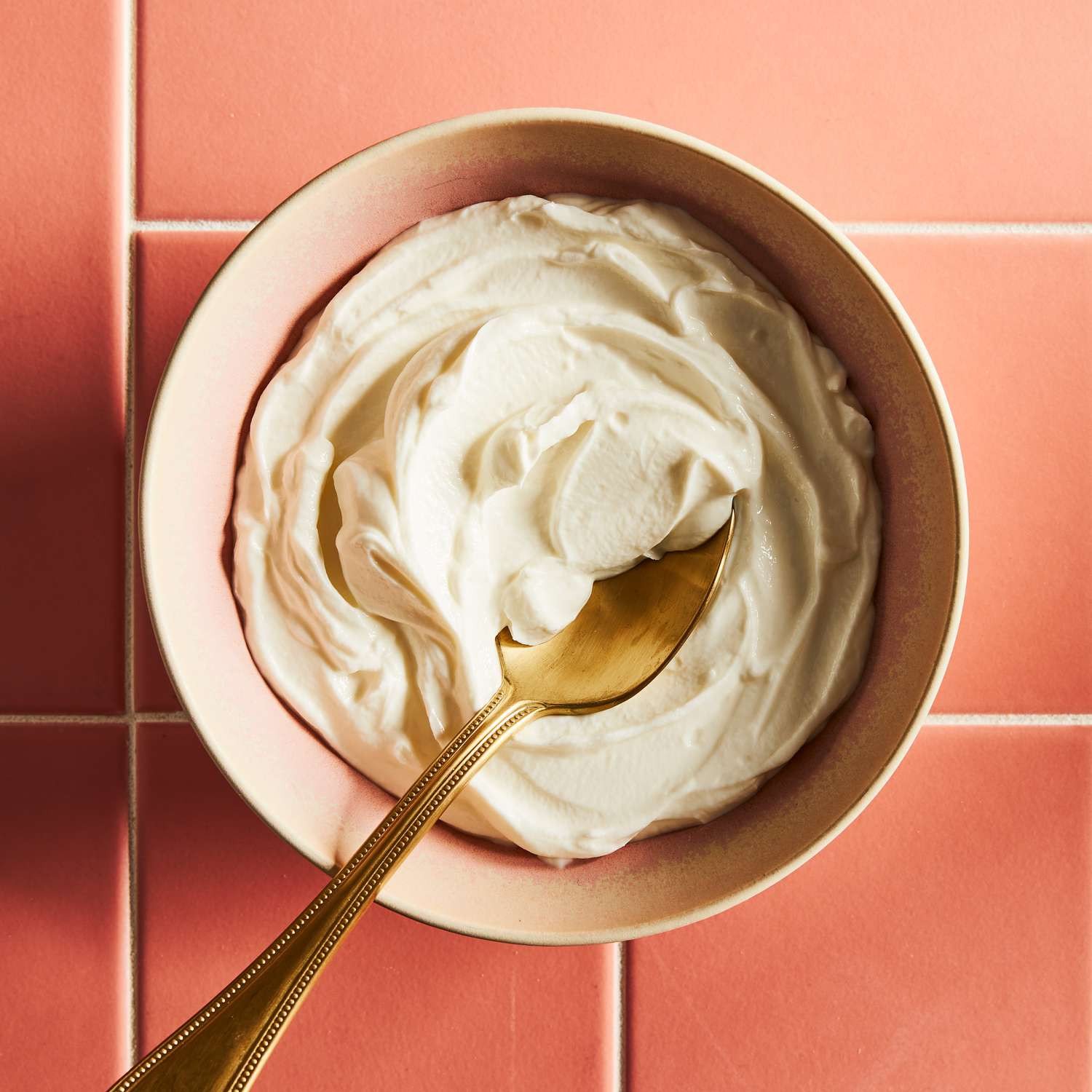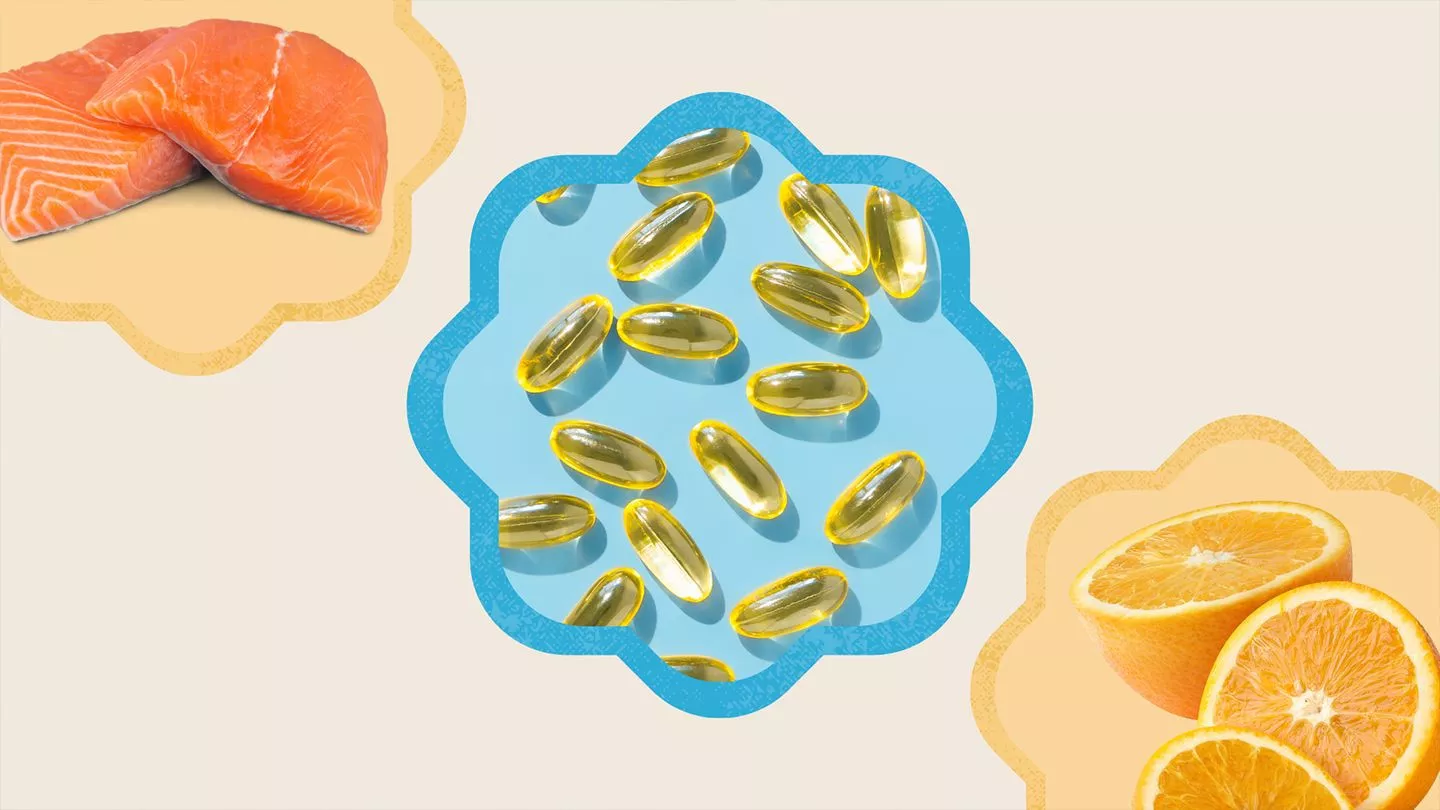As we age, our bones and teeth naturally weaken, but with the right nutrients, you can slow down that process and maintain strength. A balanced diet rich in vitamins is key to keeping bones and teeth healthy and strong, helping to prevent issues like brittle nails, weak bones, and tooth decay. It’s not as complicated as it sounds—by ensuring you get the right vitamins, you’re already one step ahead. Below, we explore the top five essential vitamins for better bone and dental health.
Vitamin A

Photo: Healthline
Vitamin A plays a crucial role in maintaining oral health by aiding in the formation of keratin, a vital protein in tooth enamel. If you suffer from sensitive teeth or gums, it may be a sign of a Vitamin A deficiency. A lack of this vitamin can also lead to inflamed or swollen gums, sometimes causing bleeding during brushing or flossing.
Ways to add Vitamin A to the diet:
- Carrot:
Available in abundance during winter, carrots can be added to salads, curries, or even desserts like puddings.
- Sweet Potato:
This root vegetable is a rich source of Vitamin A and can be enjoyed boiled, baked, or stir-fried for a tasty meal.
- Kale:
A nutritional powerhouse, kale is packed with Vitamin A and is great in salads, soups, or curries. Kale chips are also a trendy snack.
- Watermelon: This juicy fruit is a fantastic source of Vitamin A. Enjoy it fresh, in salads, or as a frozen treat for a nutrient-packed snack.
Vitamin D

Vitamin D is vital for dental and bone health, as it helps with calcium absorption. According to research published in Nutrients, Vitamin D supports bone and tooth mineralization. A deficiency can lead to weakened, easily fractured teeth, a condition sometimes called ‘rachitic teeth.’
Ways to add Vitamin D to the diet:
- Oily Fish:
Salmon, sardines, and mackerel are excellent sources of Vitamin D. Grill, bake, or roast them for a delicious boost to your vitamin intake.
- Egg Yolks:
Egg yolks are packed with Vitamin D, making scrambled or poached eggs a great choice to boost your vitamin levels.
- Fortified Foods:
Foods like fortified milk, cereals, and orange juice are commonly enriched with Vitamin D and can be easily incorporated into your daily diet.
Vitamin C

Vitamin C is essential for maintaining strong teeth and healthy gums. It plays a role in collagen production, which helps support tooth structure. A deficiency in this vitamin can increase the risk of gum disease and secondary tooth decay, especially in children, as noted in Frontiers in Nutrition.
Ways to add Vitamin C to the diet:
- Bell Peppers:
These colorful vegetables are rich in Vitamin C and can be eaten raw or cooked in a variety of dishes.
- Oranges:
A well-known source of Vitamin C, oranges are best enjoyed whole but can also be consumed as juice or in fruit salads.
- Strawberries:
For a natural boost, snack on raw strawberries or toss them into smoothies. Avoid adding sugar to preserve their health benefits.
Vitamin K

Both Vitamin K1 and K2 are essential for dental health. Vitamin K helps activate proteins involved in bone mineralization, which is crucial for the development and repair of bones and teeth. Vitamin K2, in particular, has a protective effect on bone health, aiding in the absorption of calcium.
Ways to add Vitamin K to the diet:
- Broccoli (Vitamin K1):
This green vegetable is packed with Vitamin K and can be added to soups, salads, or stir-fries.
- Radish (Vitamin K1):
Whether raw or cooked, radishes are a great source of Vitamin K1. Add them to salads or roast them for a different texture.
- Dairy Products (Vitamin K2):
Dairy products like milk, cheese, and yogurt are excellent sources of Vitamin K2 and can improve your overall dental health.
Vitamin B12

Vitamin B12 is essential for calcium absorption, which is vital for maintaining strong teeth and bones. A deficiency in Vitamin B12 can lead to tooth loss and weakened gums, increasing the risk of dental caries and gum disease, especially in children, according to a study in the International Journal of Clinical Pediatric Dentistry.
Ways to add Vitamin B12 to the diet:
- Eggs:
Eggs, especially the yolks, are rich in Vitamin B12 and can be incorporated into your breakfast for a nutritional boost.
- Greek Yogurt:
With high Vitamin B12 absorption rates, Greek yogurt is an easy and delicious way to meet your daily vitamin needs.
Maintaining strong bones and teeth doesn’t have to be a complex task. By incorporating these essential vitamins into your daily diet, you’re giving your body the nourishment it needs to support your bone structure and oral health. Simple dietary changes, such as adding more leafy greens, fruits, and fortified foods, can make a world of difference in your long-term health. So, go ahead—treat your body right with these vitamin-rich foods and enjoy the benefits of strong teeth and bones for years to come.









COMMENTS
Comments are moderated and generally will be posted if they are on-topic and not abusive.
For more information, please see our Comments FAQ